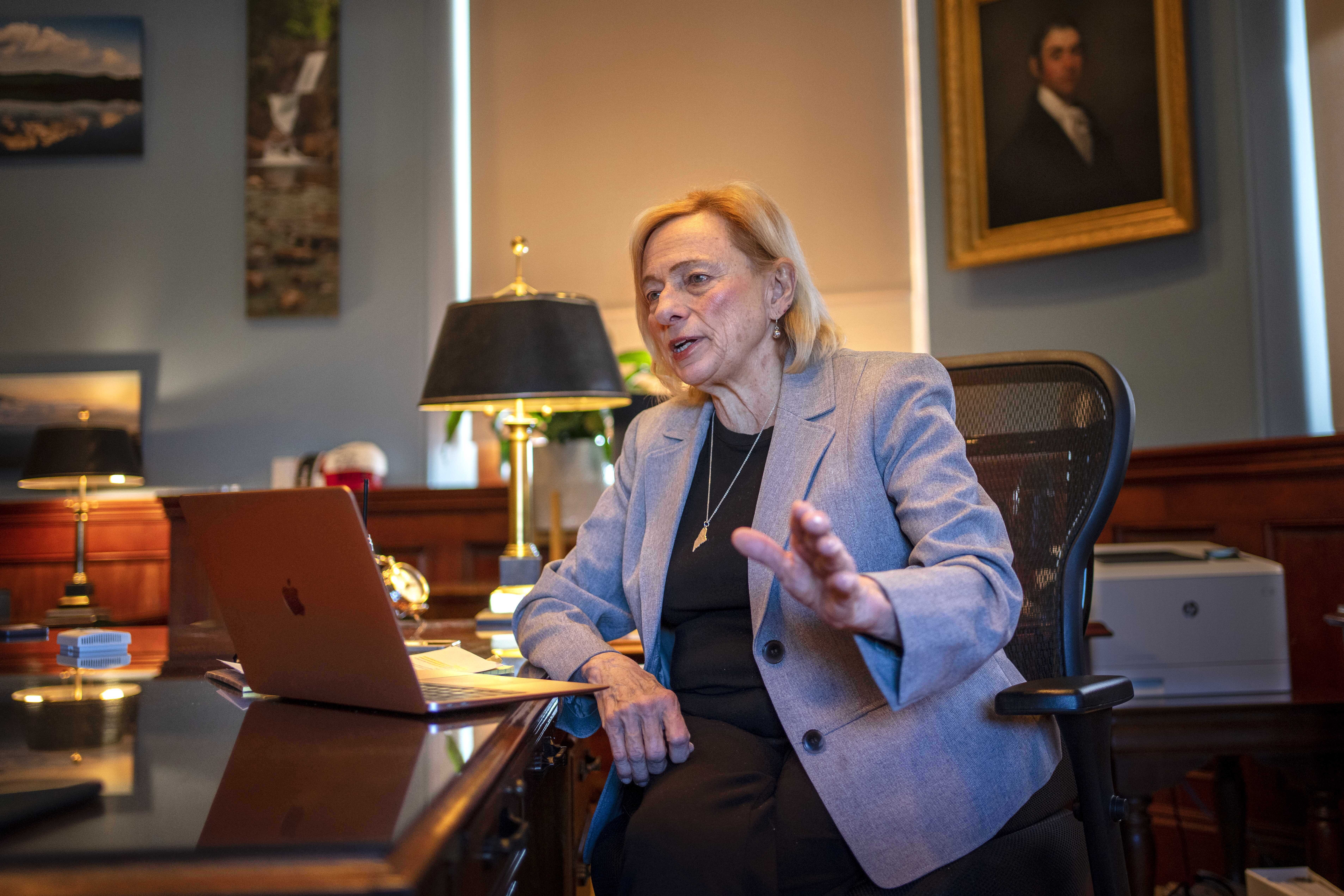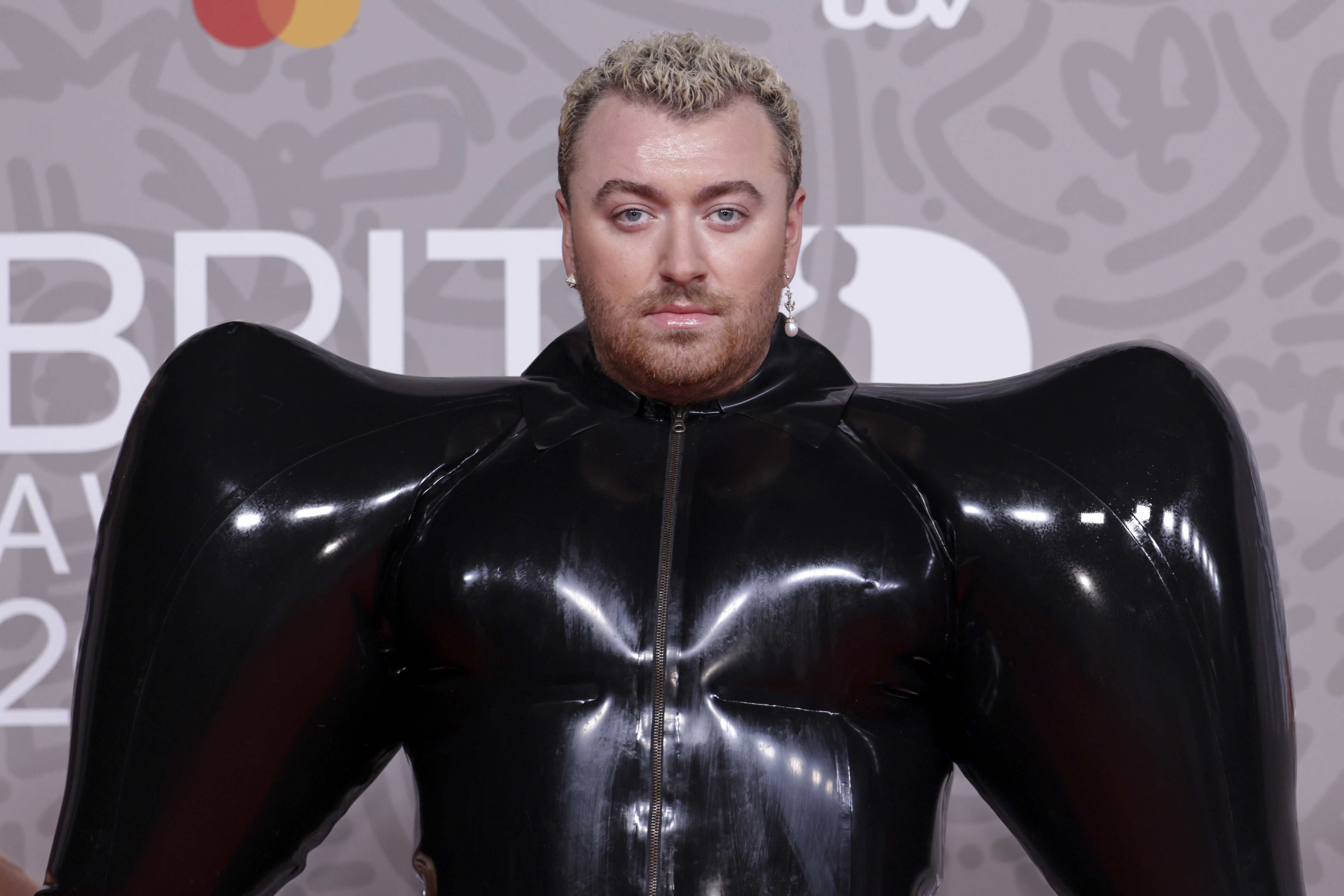WASHINGTON DC (NEXSTAR) – As the opioid addiction crisis rages on, health experts worry about its effects on another public health issue they’ve worked for decades to end – the HIV epidemic.
Officials at the National Institutes of Health are most concerned about an increase in HIV due to injection opioid use in rural communities across the country. Officials say there is a solution, but states must take immediate action, and most will likely need help from Congress.
“My budget will ask Democrats and Republicans to make the needed commitment to eliminate the HIV epidemic in the United States within 10 years,” President Donald Trump said.
During this year’s State of the Union address, President Trump announced a plan to end HIV by 2030, but health experts say another epidemic could stand in the way.
“We have this issue with the opioid crisis where people go from prescription drugs to then getting illicit drugs to then injecting drugs like heroin,” explained Dr. Anthony Fauci, Director of the National Institute of Allergy and Infectious Diseases.
Dr. Fauci has been the director of the National Institute of Allergy and Infectious Diseases since 1984, the year doctors first determined HIV causes AIDS.
“Whenever you get injection drug use, there’s always the danger of an outbreak of HIV,” he said.
The latest example comes from West Virginia, which leads the nation in opioid overdose deaths.
Health officials in rural Cabell County have reported a surge in HIV cases since last year, mainly among drug users sharing contaminated needles.
The president’s plan recommends needle exchange programs as one form of prevention.
But Cabell County already has one.
Still, Dr. Fauci has been advocating for these safe injection and disposal sites for decades.
“If you can’t stop someone from injecting, you can make sure they get injected with a clean needle,” he said.
While many counties and states have adopted needle exchanges, Dr. Fauci said, “We’ve always had trouble getting the federal government to support needle exchange programs.”
He said some lawmakers believe the programs appear to endorse the use of illegal drugs.
But he believes clean needles save lives and slows the spread of HIV.










